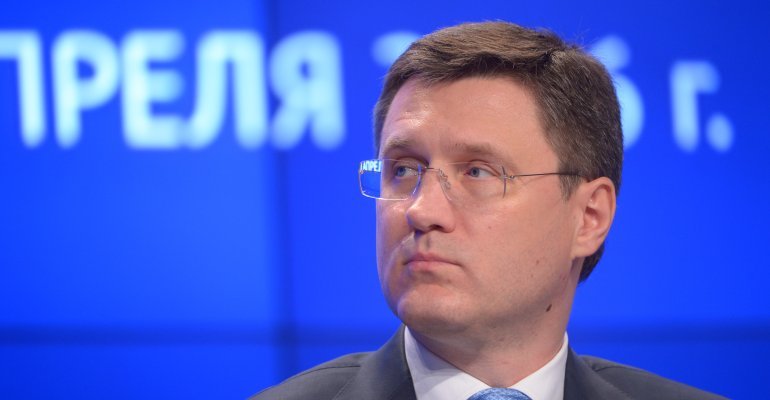
After top oil exporters failed to impress markets with their extended supply cuts, Russia’s Alexander Novak said there’s more they can do.
Russia and OPEC have tools to further support crude prices if needed, the nation’s energy minister said in an interview as a lackluster outcome from their meeting in Vienna sent futures slumping below $50 a barrel in New York.
The partners are able to act accordingly “if any actions or adjustments are needed,” Novak said. “These adjustment actions can both be aimed at increasing the amount of cuts or reducing the amount of cuts — all would depend on the market situation, what is needed for the market.”
The comments signal a determination to work with Saudi Arabia and other OPEC allies to support prices for crude, their economic and political lifeblood. Since they joined forces, futures have rebounded from last year’s lows and the exporters have been able to earn more while pumping less.
“We’ve said we’ll do whatever is necessary,” Saudi Energy Minister Khalid Al-Falih said after the meeting.
While the exporting nations will prolong the current output targets through March, no new non-OPEC country will be joining the pact, and there was no formal option set out to continue curbs further into 2018. Prices tumbled more than 5 percent to under $49 a barrel in New York.
“It happens all the time — these fluctuations,” Novak said about the slump. Extending the agreement was a “very important long-term fundamental decision” which will help in re-balancing the market and bringing the investments back. “We could have seen much worse reaction of the market if no decision to extend the declaration of cooperation was taken.”
Russia maintains its oil-price outlook at $50 to $60 a barrel on average for this year, Novak said.
The country and its oil-producing companies — which made the cuts voluntarily — will fully meet the obligations set in the agreement, Novak said. “We know that it takes a lot of time to build the trust but it can be lost in a day,” he said. “We, in our history, know that very well.”
Russia, which relies on energy for more than 40 percent of its budget, has sought to boost its revenues in the run-up to next year’s presidential election. The country will go to the polls next March, and incumbent Vladimir Putin is widely expected to seek another term. Novak said at a press conference in Vienna that the election wasn’t a factor in the decision to extend cuts.
While strengthening of the ruble has reduced the windfall from Russia’s energy exports, which are denominated mainly in dollars, the nation’s overall budget revenue from oil and natural gas taxes recovered to two-year highs in February and March thanks to the pact.
The country pledged last year to reduce production by 300,000 barrels a day from its post-Soviet record of 11.247 million in October. The extended deal implies the same output caps that were agreed on last year for all non-OPEC states, Novak said.
Recommended for you
